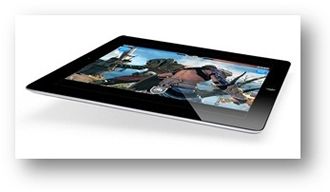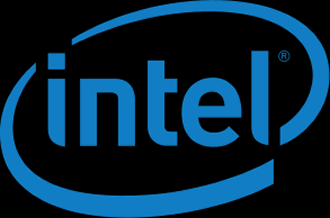 A Northumbria University student has been jailed for six months for refusing to hand over his passwords to unencrypt his systems.
A Northumbria University student has been jailed for six months for refusing to hand over his passwords to unencrypt his systems.
Christopher Wilson was suspected of hacking police websites after coppers claimed they needed to see his computer contents in the interests of national security.
However, like many cases like this, all is not as it seems. Wilson, who suffers from Asperger’s Syndrome, caused the Northumbria Police website to shut down after ringing the force using a voice-changing device to warn of a cyber-attack.
Coppers investigating him found that he was sending online messages about “trolling the Newcastle police department” and infiltrating the secret files the Serious Organised Crime Agency.
He even suggested sending nasty messages on a condolence page set up for two female police officers shot dead in Manchester.
Wilson, who is currently excelling on a Master’s degree in computers and has set up his own business programming artificial intelligence systems, was doing his degree at Northumbria University.
A judge last year ordered him to hand over his passwords in the interests of national security last year but he refused to provide any of the 50 that that coppers wanted.
Wilson admitted failing to disclose a password in breach of the Regulatory Investigatory Powers Act 2000, an offence under terrorism legislation.
Judge Simon Hickey told him: “What you were doing was for your own satisfaction, showing what you could do with your undoubted skill with computers.
“But this is a serious offence and I can’t avoid an immediate custodial sentence.”
Reading the case you can’t help but wonder how daft everything got. Prosecutors did not try to claim he was successful in hacking anything but had an interest in doing so.
David Lister, defending, said: “He has expressed genuine remorse, he bitterly regrets his actions. He was 19 at the time and the impact of his Autism Spectrum Disorder or Asperger’s meant he matured more slowly than others.
Wilson’s was described as a bright and talented young man and is due to complete his Master’s next January and is on course for a distinction having excelled.
















